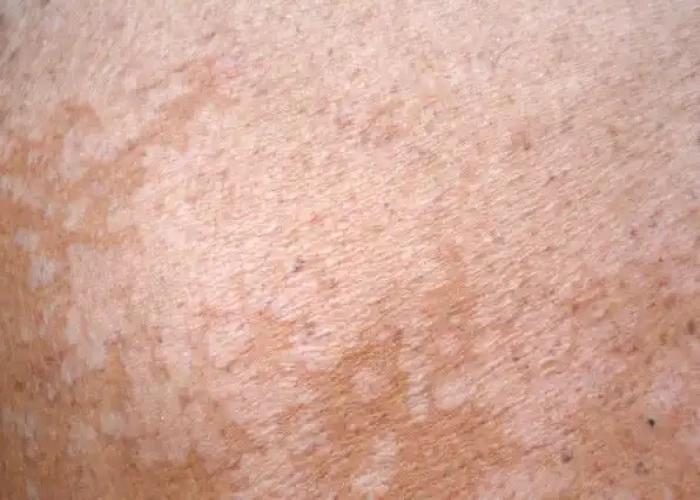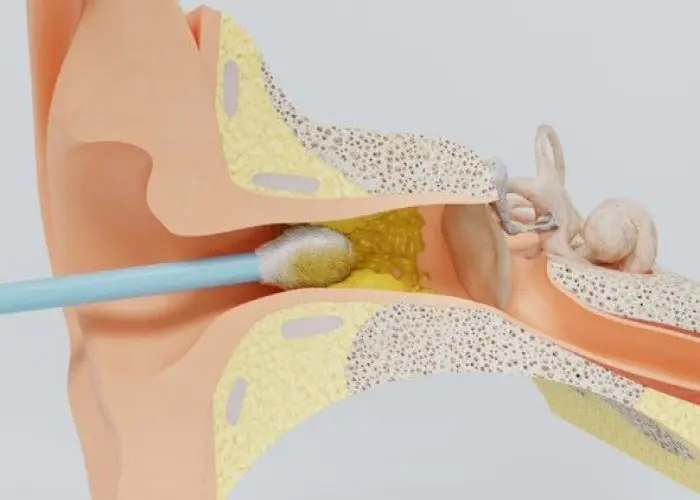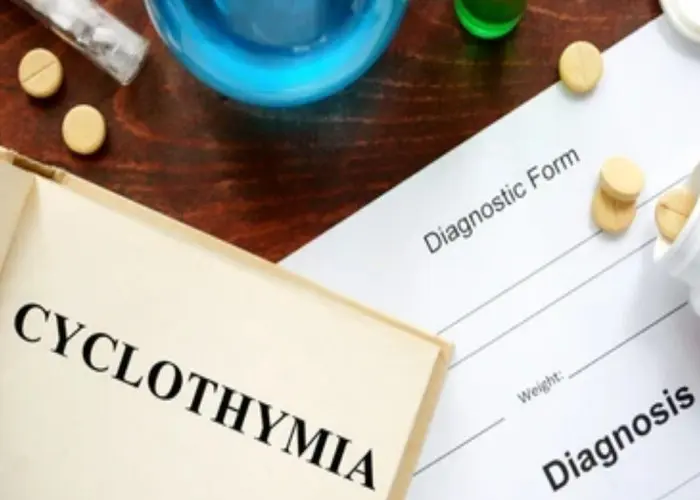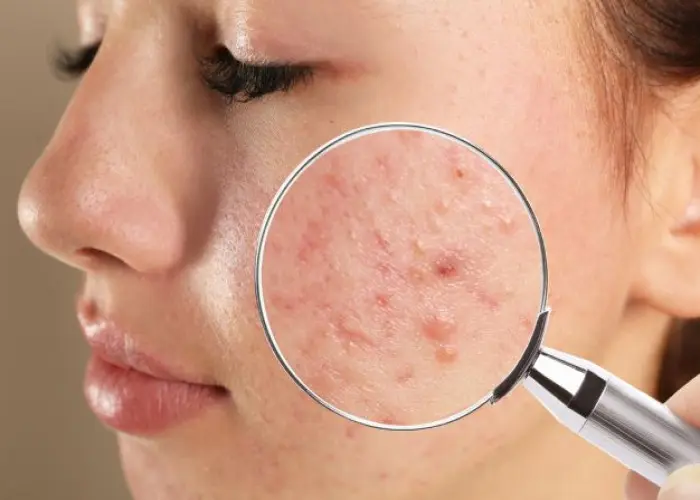 Welcome
Welcome
“May all be happy, may all be healed, may all be at peace and may no one ever suffer."
Bulimia nervosa

Bulimia nervosa is an eating disorder characterized by recurrent episodes of binge eating, followed by purging behaviors such as self-induced vomiting, misuse of laxatives or diuretics, or excessive exercise. People with bulimia often have a preoccupation with body shape and weight and may experience feelings of guilt, shame, or low self-esteem related to their eating behaviors. The disorder can cause a range of physical and psychological complications, including electrolyte imbalances, dental problems, digestive problems, and depression, among others. Treatment for bulimia typically involves a combination of psychotherapy, nutritional counseling, and medication, if necessary. In some cases, hospitalization may be necessary, particularly for people with severe physical complications or who are at risk of self-harm. Early intervention is important for the successful treatment of bulimia nervosa.
Research Papers
Disease Signs and Symptoms
- Weight loss
- Going too long without eating or by fasting
- Eating disorder
Disease Causes
Bulimia nervosa
The exact cause of bulimia is unknown. Many factors could play a role in the development of eating disorders, including genetics, biology, emotional health, societal expectations and other issues.
Disease Prevents
Bulimia nervosa
Although there's no sure way to prevent bulimia, you can steer someone toward healthier behavior or professional treatment before the situation worsens. Here's how you can help:
- Foster and reinforce a healthy body image in your children, no matter what their size or shape. Help them build confidence in ways other than their appearance.
- Have regular, enjoyable family meals.
- Avoid talking about weight at home. Focus instead on having a healthy lifestyle.
- Discourage dieting, especially when it involves unhealthy weight-control behaviors, such as fasting, using weight-loss supplements or laxatives, or self-induced vomiting.
- Talk with your primary care provider. He or she may be in a good position to identify early indicators of an eating disorder and help prevent its development.
- If you notice a relative or friend who seems to have food issues that could lead to or indicate an eating disorder, consider supportively talking to the person about these issues and ask how you can help.
Disease Treatments
When you have bulimia, you may need several types of treatment, although combining psychotherapy with antidepressants may be the most effective for overcoming the disorder.
Treatment generally involves a team approach that includes you, your family, your primary care provider, a mental health professional and a dietitian experienced in treating eating disorders. You may have a case manager to coordinate your care.
Here's a look at bulimia treatment options and considerations.
Psychotherapy
Psychotherapy, also known as talk therapy or psychological counseling, involves discussing your bulimia and related issues with a mental health professional. Evidence indicates that these types of psychotherapy help improve symptoms of bulimia:
- Cognitive behavioral therapy to help you normalize your eating patterns and identify unhealthy, negative beliefs and behaviors and replace them with healthy, positive ones
- Family-based treatment to help parents intervene to stop their teenager's unhealthy eating behaviors, to help the teen regain control over his or her eating, and to help the family deal with problems that bulimia can have on the teen's development and the family
- Interpersonal psychotherapy, which addresses difficulties in your close relationships, helping to improve your communication and problem-solving skills
Ask your mental health professional which psychotherapy he or she will use and what evidence exists that shows it's beneficial in treating bulimia.
Medications
Antidepressants may help reduce the symptoms of bulimia when used along with psychotherapy. The only antidepressant specifically approved by the Food and Drug Administration to treat bulimia is fluoxetine (Prozac), a type of selective serotonin reuptake inhibitor (SSRI), which may help even if you're not depressed.
Nutrition education
Dietitians can design an eating plan to help you achieve healthy eating habits to avoid hunger and cravings and to provide good nutrition. Eating regularly and not restricting your food intake is important in overcoming bulimia.
Hospitalization
Bulimia can usually be treated outside of the hospital. But if symptoms are severe, with serious health complications, you may need treatment in a hospital. Some eating disorder programs may offer day treatment rather than inpatient hospitalization.
Treatment challenges in bulimia
Although most people with bulimia do recover, some find that symptoms don't go away entirely. Periods of bingeing and purging may come and go through the years, depending on your life circumstances, such as recurrence during times of high stress.
If you find yourself back in the binge-purge cycle, follow-up sessions with your primary care provider, dietitian and/or mental health professional may help you weather the crisis before your eating disorder spirals out of control again. Learning positive ways to cope, creating healthy relationships and managing stress can help prevent a relapse.
If you've had an eating disorder in the past and you notice your symptoms returning, seek help from your medical team immediately.
Disease Diagnoses
Disease Allopathic Generics
Disease Ayurvedic Generics
Disease Homeopathic Generics
Disease yoga
Bulimia nervosa and Learn More about Diseases

Dry skin

Tinea versicolor

Alcoholic hepatitis

Menopause

Tay-Sachs disease

Earwax blockage

Cyclothymia (Cyclothymic Disorder)

Acne
Bulimia nervosa, Anorexia nervosa, বুলিমিয়া নার্ভোসা
To be happy, beautiful, healthy, wealthy, hale and long-lived stay with DM3S.
